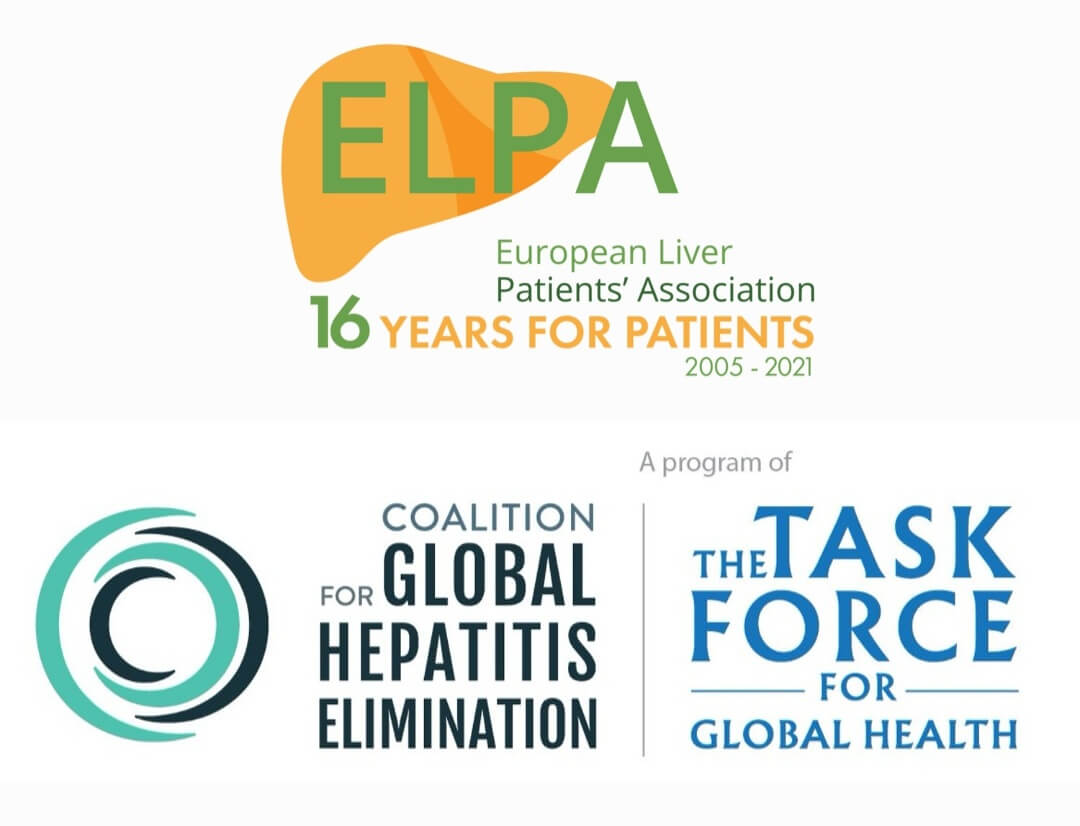Elpa News
-
2nd A-TANGO newsletter
- November 17, 2022
- Posted by: admin
- Category: Elpa News
No Comments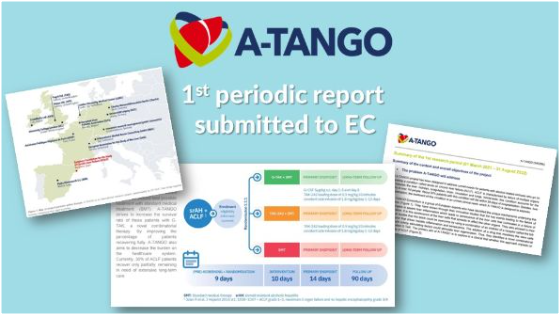
-
Members unanimously approved updates of ELPA Statutes, Codes of Conduct, and Internal Rules
- March 7, 2022
- Posted by: admin
- Category: Elpa News
-
The first patient recruited in the IP-cure-B clinical trial
- March 1, 2022
- Posted by: admin
- Category: Elpa News
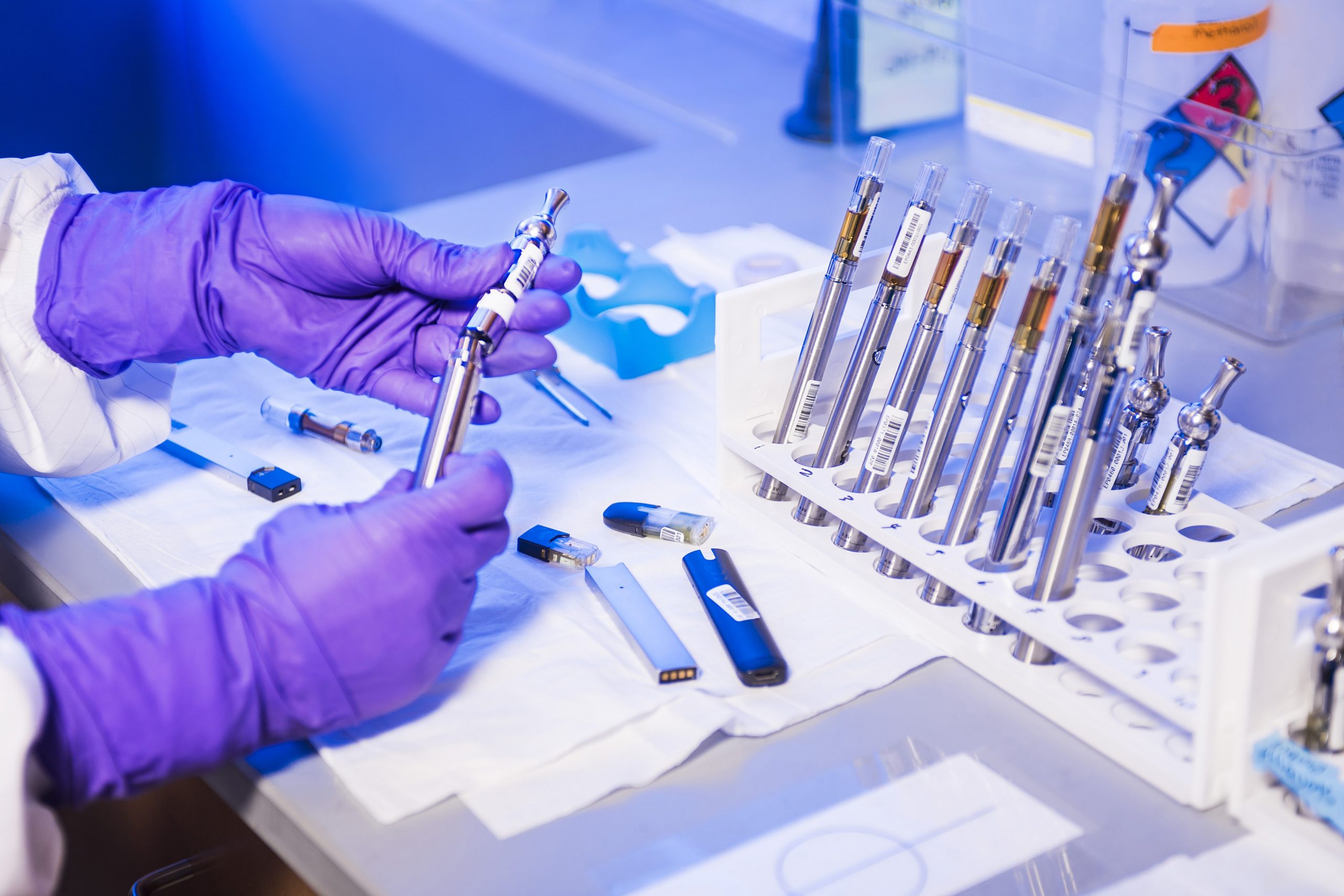
-
ELPA President Marko Korenjak-World Cancer Day
- February 4, 2022
- Posted by: admin
- Category: Elpa News

-
Merry #AlcoholFree Holidays & Happy Healthy Liver!
- December 10, 2021
- Posted by: admin
- Category: Elpa News

-
Launch Of White Paper – Liver Cancer: No patient left behind
- October 26, 2021
- Posted by: admin
- Category: Elpa News
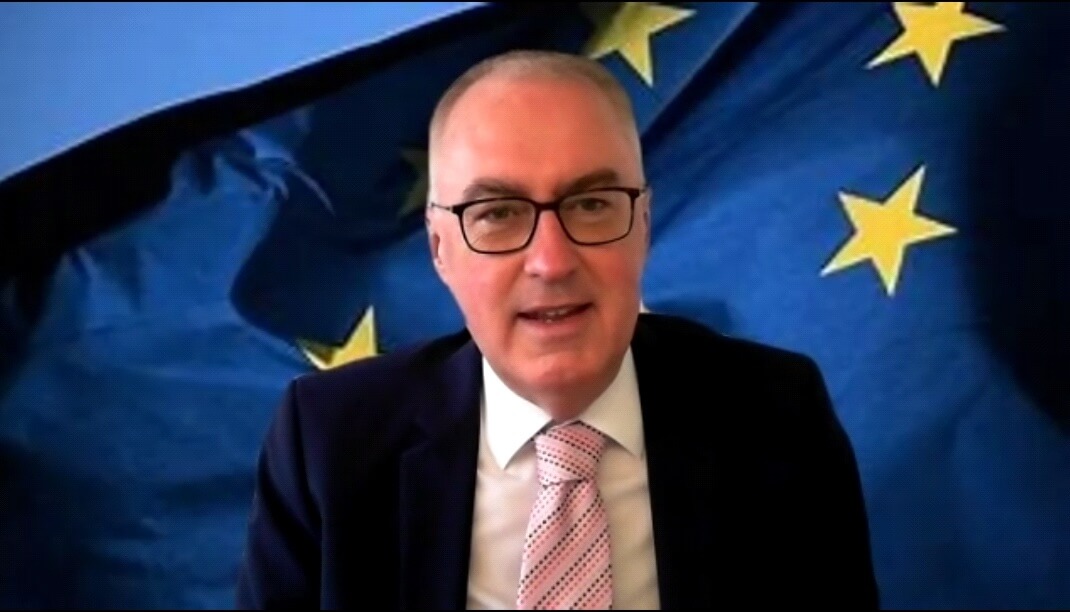
-
Launch of White Paper, Liver Cancer: No Patient Left Behind Jointly with DiCE
- October 1, 2021
- Posted by: admin
- Category: Elpa News
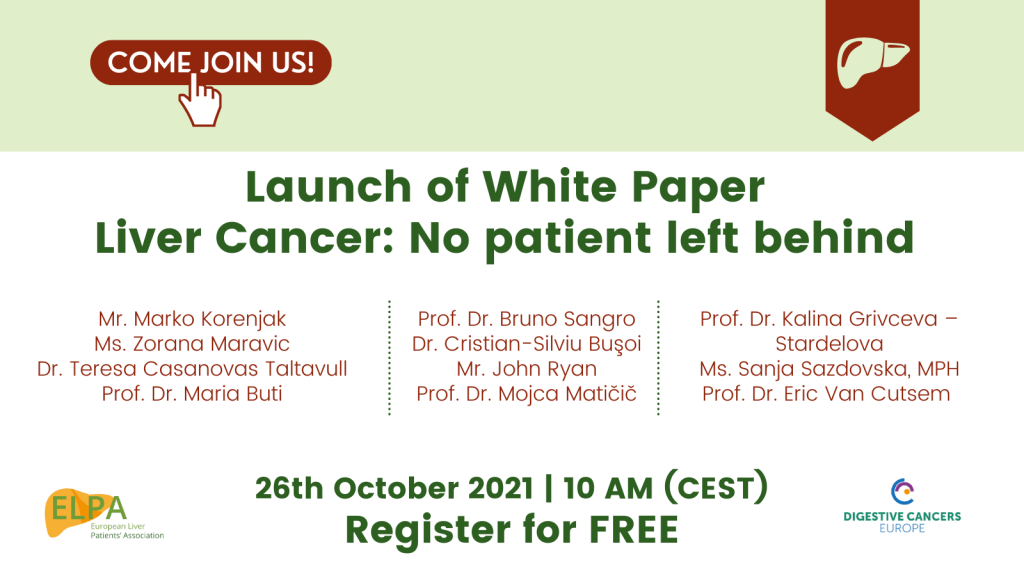
-
EASL / ELPA – Beating liver cancer in Europe – The Empowerment of prevention and early detection
- September 27, 2021
- Posted by: admin
- Category: Elpa News

-
ELPA’s SYMPOSIUM and launch of the ELPA’s CALL TO ACTION on Fatty liver
- September 22, 2021
- Posted by: admin
- Category: Elpa News
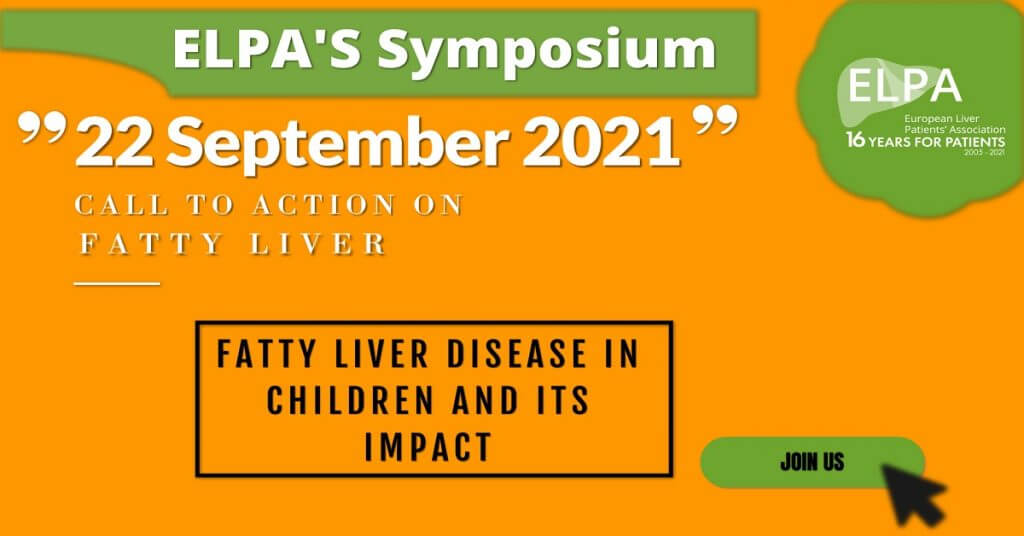
-
ELPA is part of the EASL Policy and Public Health Committee
- September 3, 2021
- Posted by: admin
- Category: Elpa News
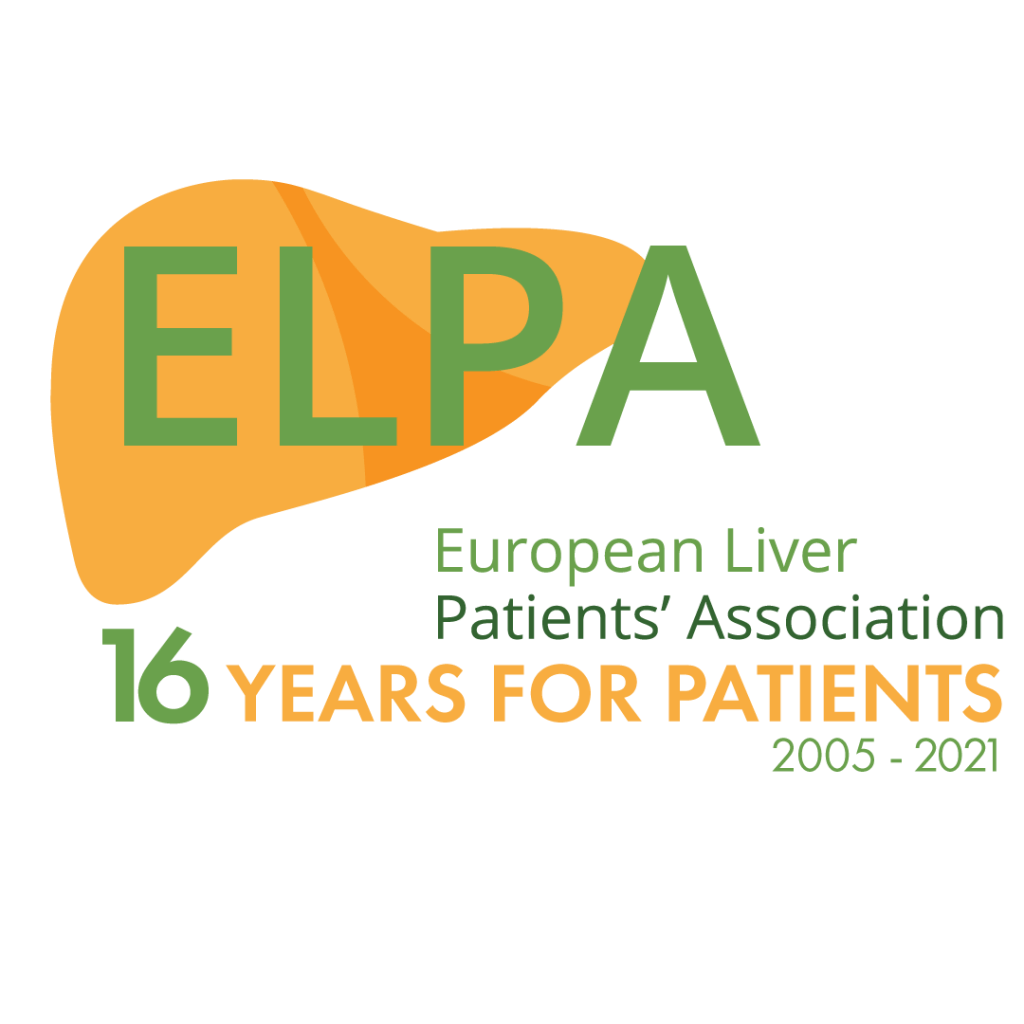
-
ELPA is part of the Advisory Forum of the European Centre for Disease Prevention and Control (ECDC)
- August 26, 2021
- Posted by: admin
- Category: Elpa News
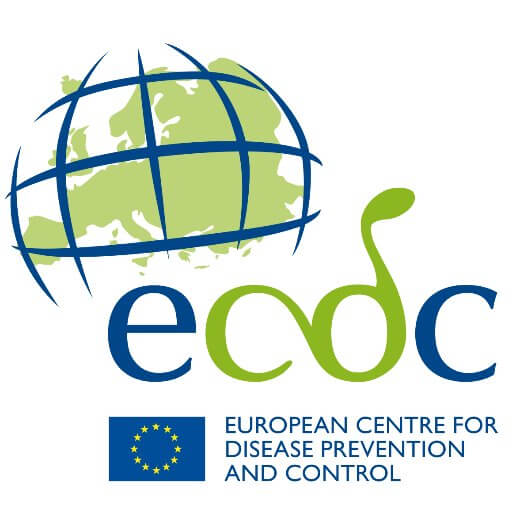
-
ELPA Educational Training – DAY 4
- July 8, 2021
- Posted by: admin
- Category: Elpa News

-
ELPA Educational Training – DAY 3
- July 1, 2021
- Posted by: admin
- Category: Elpa News

-
ELPA Educational Training – DAY 2
- July 1, 2021
- Posted by: admin
- Category: Elpa News

-
ELPA ISO 9001:2015 Quality Certification
- July 1, 2021
- Posted by: admin
- Category: Elpa News

-
Raising awareness on #FattyLiver among children
- June 11, 2021
- Posted by: admin
- Category: Elpa News
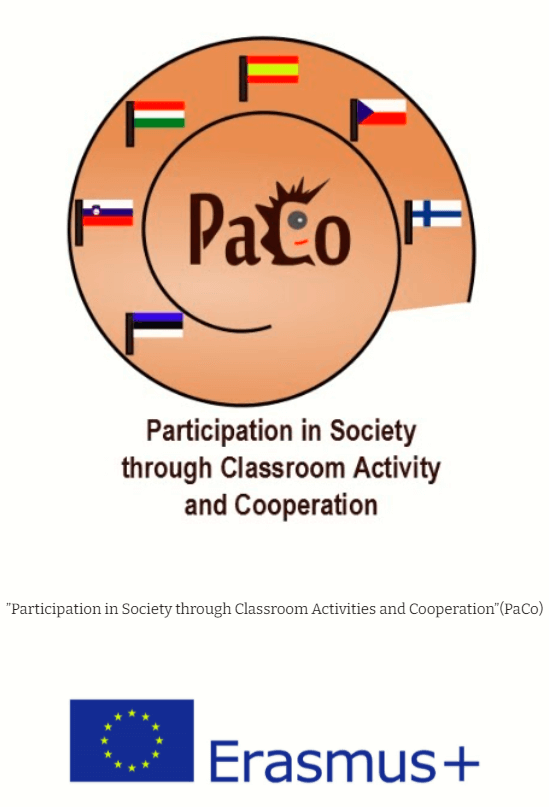
-
ELPA Educational Training – DAY 1
- June 10, 2021
- Posted by: admin
- Category: Elpa News

-
ELPA NASH Symposium
- June 10, 2021
- Posted by: admin
- Category: Elpa News

-
ELPA president Marko Korenjak-European Immunization Week
- April 26, 2021
- Posted by: admin
- Category: Elpa News

-
A new partnership in the fight to Hepatitis
- April 23, 2021
- Posted by: admin
- Category: Elpa News
